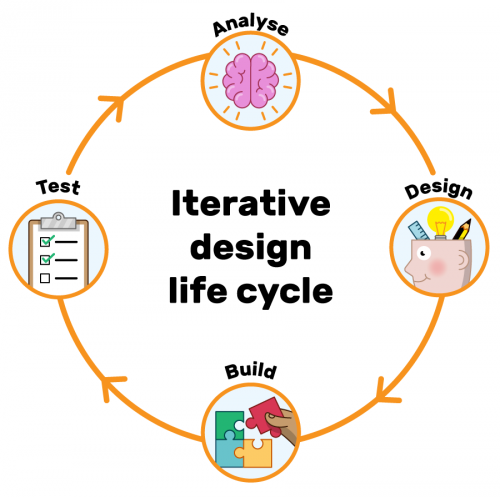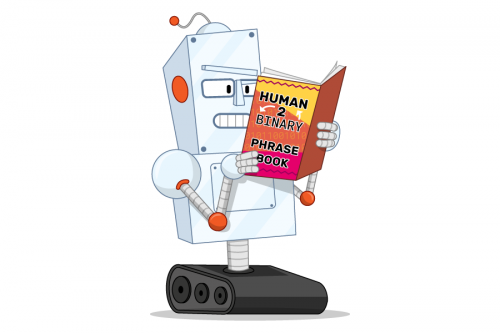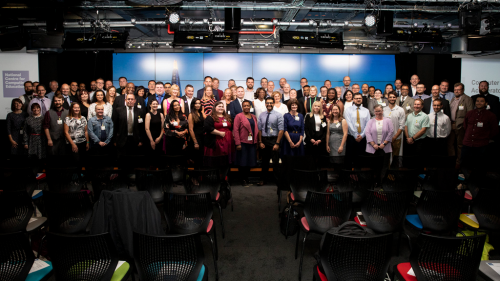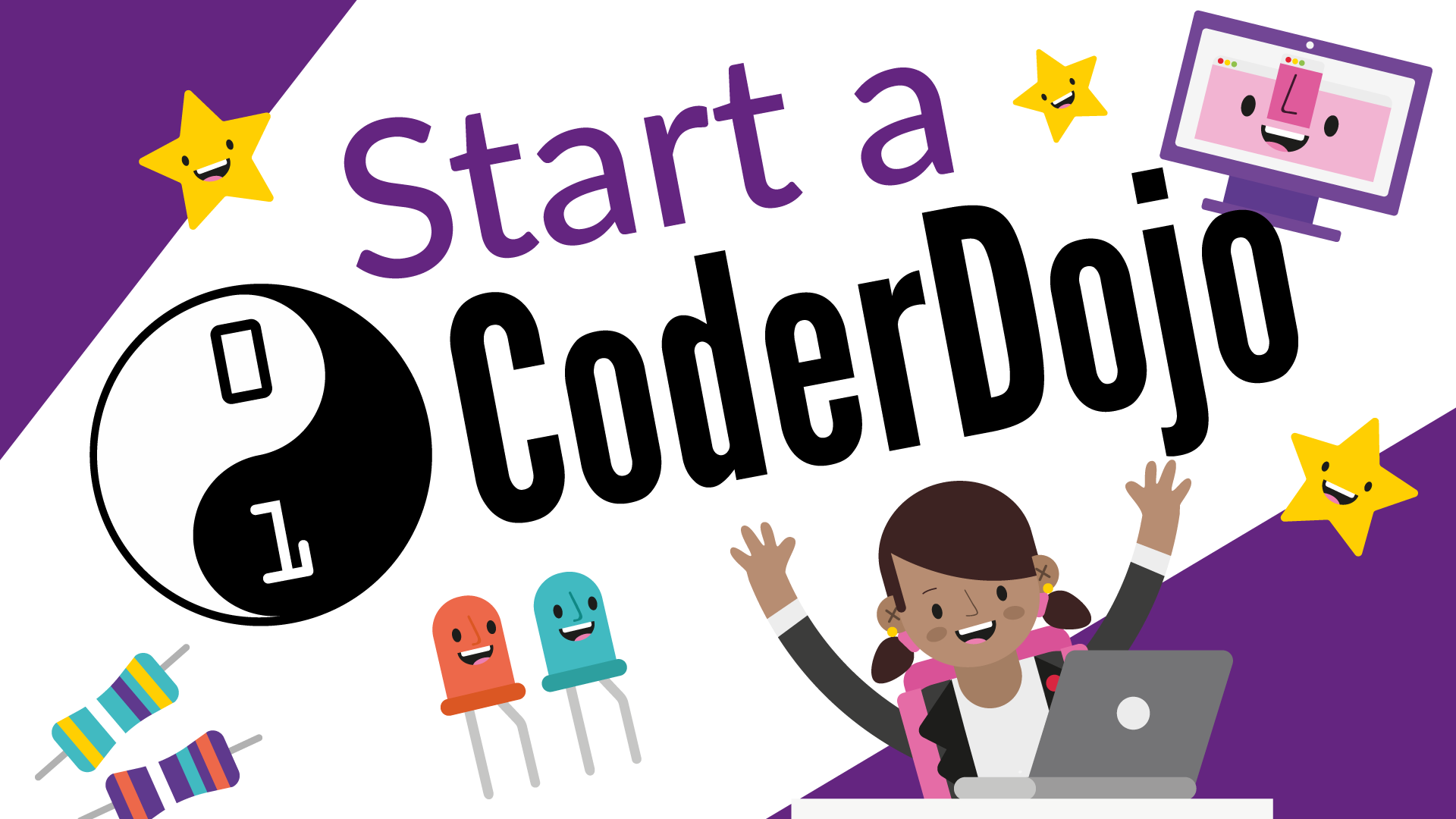Your new free online training courses for the autumn term
Over the autumn term, we’ll be launching three brand-new, online courses on the FutureLearn platform. Wherever you are in the world, you can learn with us for free, thanks to support from Google.

The course presenters are Pi Towers residents Mark, Janina, and Eirini
Design and Prototype Embedded Computer Systems
The first new course is Design and Prototype Embedded Computer Systems, which will start on 28 October. In this course, you will discover the product design life cycle as you design your own embedded system!

You’ll investigate how the purpose of the system affects the design of the system, from choosing its components to the final product, and you’ll find out more about the design of an algorithm. You will also explore how embedded systems are used in the world around us. Book your place today!
Programming 103: Saving and Structuring Data
What else would you expect us to call the sequel to Programming 101 and Programming 102? That’s right — we’ve made Programming 103: Saving and Structuring Data! The course will begin on 4 November, and you can reserve your place now.

Programming 103 explores how to use data across multiple runs of your program. You’ll learn how to save text and binary files, and how structuring data is necessary for programs to “understand” the data that they load. You’ll look at common types of structured files such as CSV and JSON files, as well as how you can connect to a SQL database to use it in your Python programs.
Introduction to Encryption and Cryptography
The third course, Introduction to Encryption and Cryptography, is currently in development, and therefore coming soon. In this course, you’ll learn what encryption is and how it was used in the past, and you’ll use the Caesar and Vigenère ciphers.

The Caesar cipher is a type of substitution cipher
You’ll also look at modern encryption and investigate both symmetric and asymmetric encryption schemes. The course also shows you the future of encryption, and it includes several practical encryption activities, which can be used in the classroom too.
National Centre for Computing Education
If you’re a secondary school teacher in England, note that all of the above courses count towards your Computer Science Accelerator Programme certificate.

The very first group of teachers who earned Computer Science Accelerator Programme certificates: they got to celebrate their graduation at Google HQ in London.
What’s been your favourite online course this year? Tell us about it in the comments.





No comments